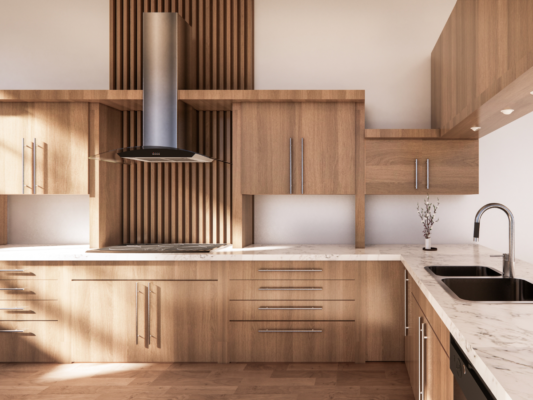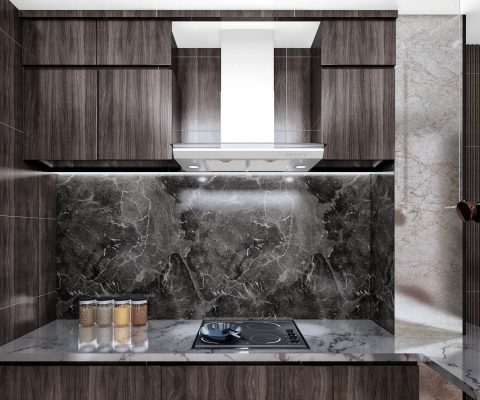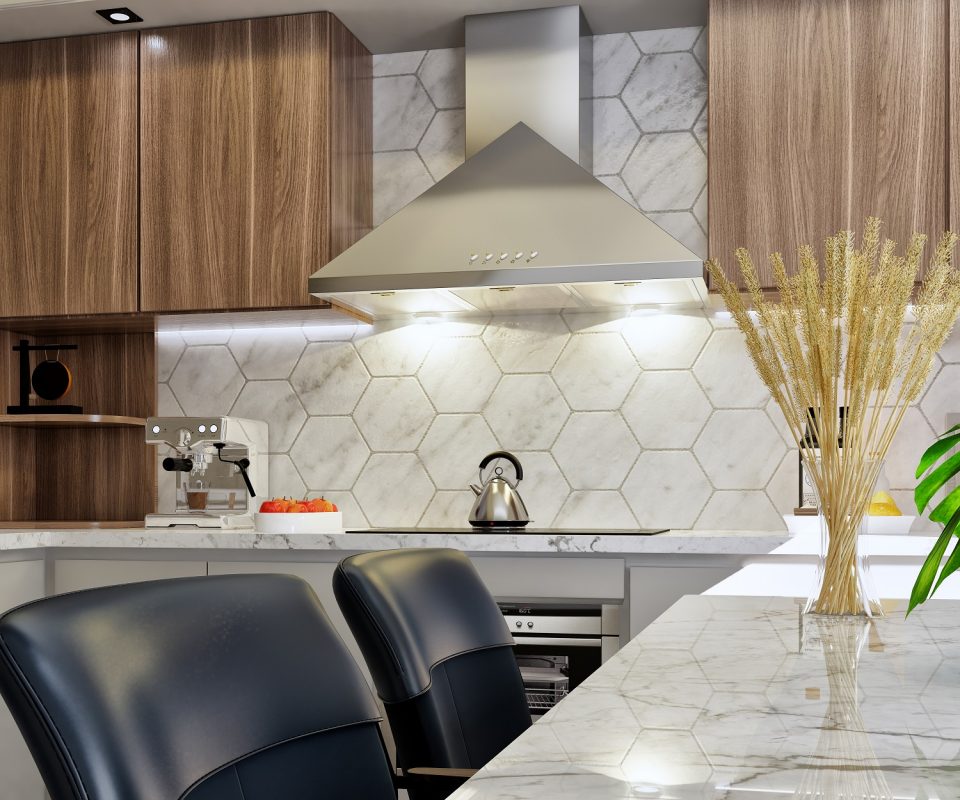Range Hood
Ducted vs. Ductless Range Hoods: Pros and Cons
Characteristic Features of Ducted Range Hoods
Ducted range hoods, often referred to as vented hoods, operate by extracting air from the kitchen and expelling it outdoors through a duct. The major components of a ducted hood include the hood itself, filters, and ductwork that channels the air outside.

Pros of Ducted Range Hoods
Ducted range hoods are unmatched when it comes to ventilation power. They efficiently remove heat, smoke, grease, and cooking odors, maintaining superior air quality in your kitchen. Moreover, they are more energy-efficient, especially if used with HVAC systems, as they help maintain the temperature balance of your home by effectively removing heat during cooking.
Cons of Ducted Range Hoods
On the downside, the installation process of ducted range hoods can be complex and costly, necessitating a skilled technician. The need for accommodating ductwork also means they might not be suitable for all kitchen layouts.
Ductless Range Hoods: Pros, Cons, and Characteristics
Characteristic Features of Ductless Range Hoods
Ductless range hoods, also known as recirculating hoods, function differently from ducted hoods. Instead of venting the air outside, they filter it and recirculate it back into the kitchen. The primary components of a ductless hood are the hood itself and a set of filters (typically charcoal or carbon filters) that help remove smoke and odors.

Pros of Ductless Range Hoods
The major advantage of ductless range hoods is the ease of installation. They don’t require any ductwork, making them highly flexible and suitable for most kitchen layouts. Moreover, they tend to be more cost-effective from an installation perspective, given the absence of ductwork.
Cons of Ductless Range Hoods
The primary limitation of ductless range hoods is their comparatively limited ventilation efficiency. While they work well for lighter cooking, they might struggle to handle the heavy smoke, heat, and odors generated by more intense culinary activities. Regular replacement of filters also adds to their maintenance cost.
Making the Right Decision
When choosing between a ducted and ductless range hood, consider your kitchen’s layout, your cooking habits, the budget, and your ventilation expectations.
Ducted hoods are more efficient in terms of ventilation, but their installation could be complex and costly. Conversely, ductless hoods are easier to install and flexible but might not deliver the same level of ventilation efficiency.
In conclusion, the choice between ducted and ductless range hoods isn’t a one-size-fits-all situation. It’s about assessing your needs and selecting the solution that best aligns with them. Happy cooking!
 USD
USD CAD
CAD
